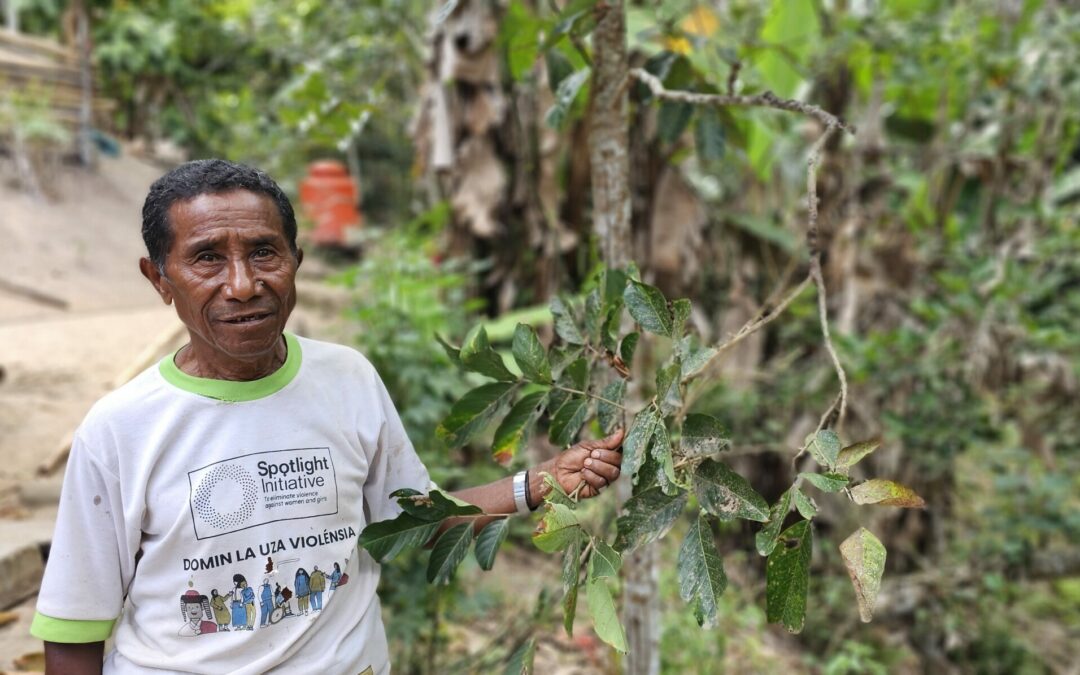Since 2009, Engineers Without Borders Australia (EWB Australia) has worked alongside communities in Timor-Leste to develop sustainable solutions to the unique social, economic, and environmental challenges they face. Through long-term partnerships and human-centred design, EWB Australia aims to support locally driven change that empowers communities to thrive.
This year, undergraduate students across Australia, New Zealand and some select international universities participating in the EWB Challenge will have the opportunity to engage with the challenges and aspirations of a remote community in Timor-Leste. Over 10,000 first-year university students take part in the EWB Challenge annually, working in teams to develop innovative solutions to real-world issues identified by EWB Australia’s community-based partners.
We are excited to announce that the international context for the 2025 EWB Challenge will be delivered in collaboration with WaterAid Australia, focusing on Loidahar village in Timor-Leste. Student design ideas will contribute to EWB Australia’s engineering work and provide innovative solutions to support WaterAid, strengthening their programs and impact in Loidahar.
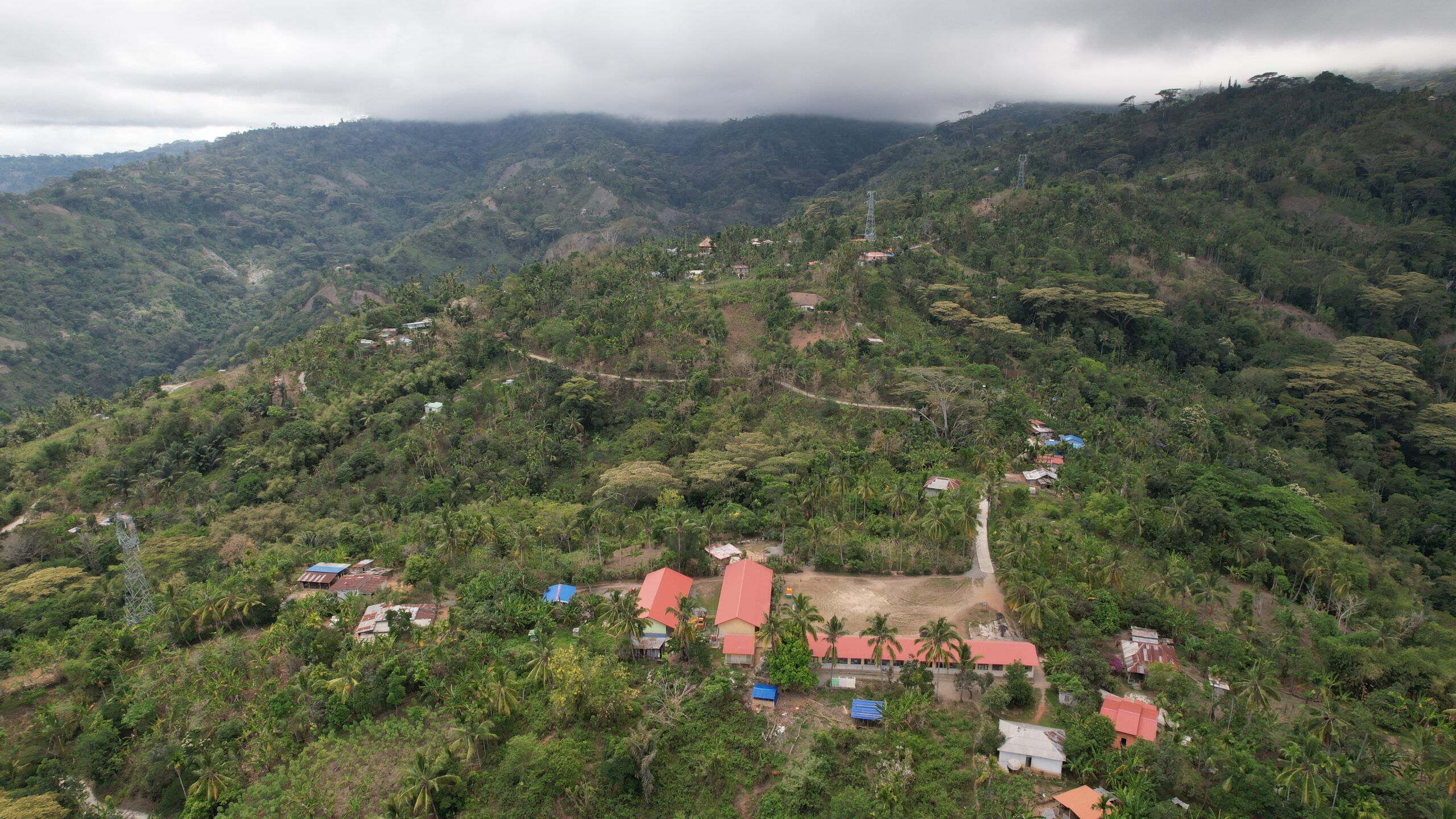
Loidahar is a rural village located in the mountainous district of Liquiçá, Timor-Leste that is home to just over 3,000 residents. Nestled in the rugged north-western interior, Loidahar is characterised by steep terrain, lush greenery and terraced agricultural landscapes. The community relies primarily on agriculture.
WaterAid Australia, the community partner for this year’s EWB Challenge, is a leading not-for-profit organisation dedicated to transforming lives through improved access to clean water, sanitation, and hygiene (WASH) services in the Asia-Pacific region. Active in Timor-Leste since 2005, WaterAid collaborates with government bodies, local communities, and other stakeholders to implement sustainable WASH solutions, particularly in underserved rural areas.
In November 2024, the EWB Challenge team travelled to Dili, Timor-Leste, to meet with WaterAid representatives and discuss the context for this year’s design brief. They then travelled to Loidahar to engage with local community members, gaining insights into their daily challenges and aspirations.
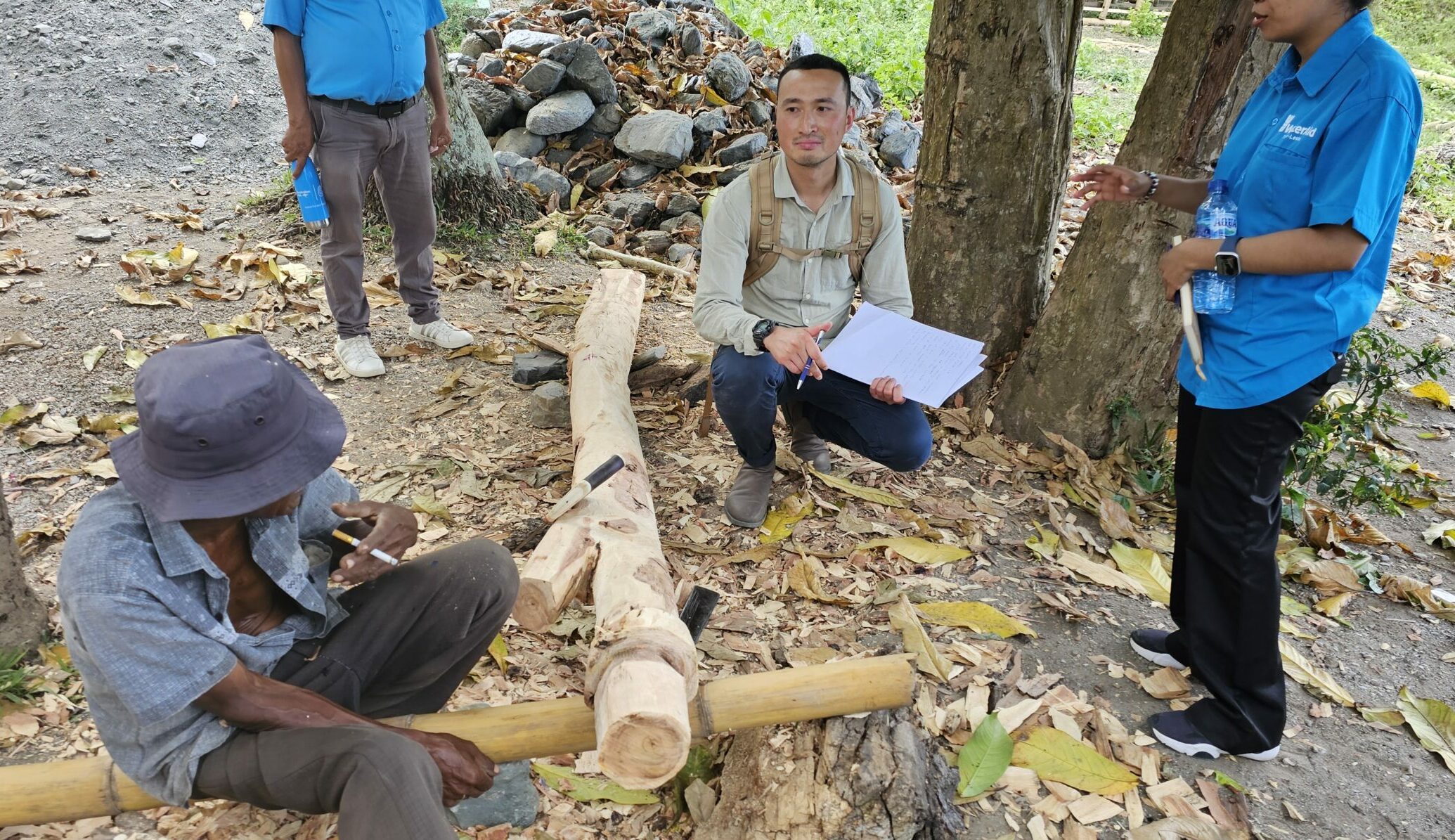
“One of the most striking aspects of the scoping process was the daily journey up the winding, narrow roads to Loidahar Village, with sheer mountain drops just beyond my window. The breathtaking coastal views, beautiful lush forests and intricate terraced farms made it easy to focus on the immense potential for agriculture and ecotourism – just as the xefe de suku (chief of the village) envisioned.
Sitting in community workshops, sharing meals and attempting to speak Tetum with the villagers was both humbling and deeply immersive. I witnessed their warmth, generosity, and strong sense of community, and saw firsthand how Tara Bandu – their local laws – shape a harmonious relationship with nature. It was clear how these values could be woven into design” – Tom Nguyen, EWB Education Program Lead.
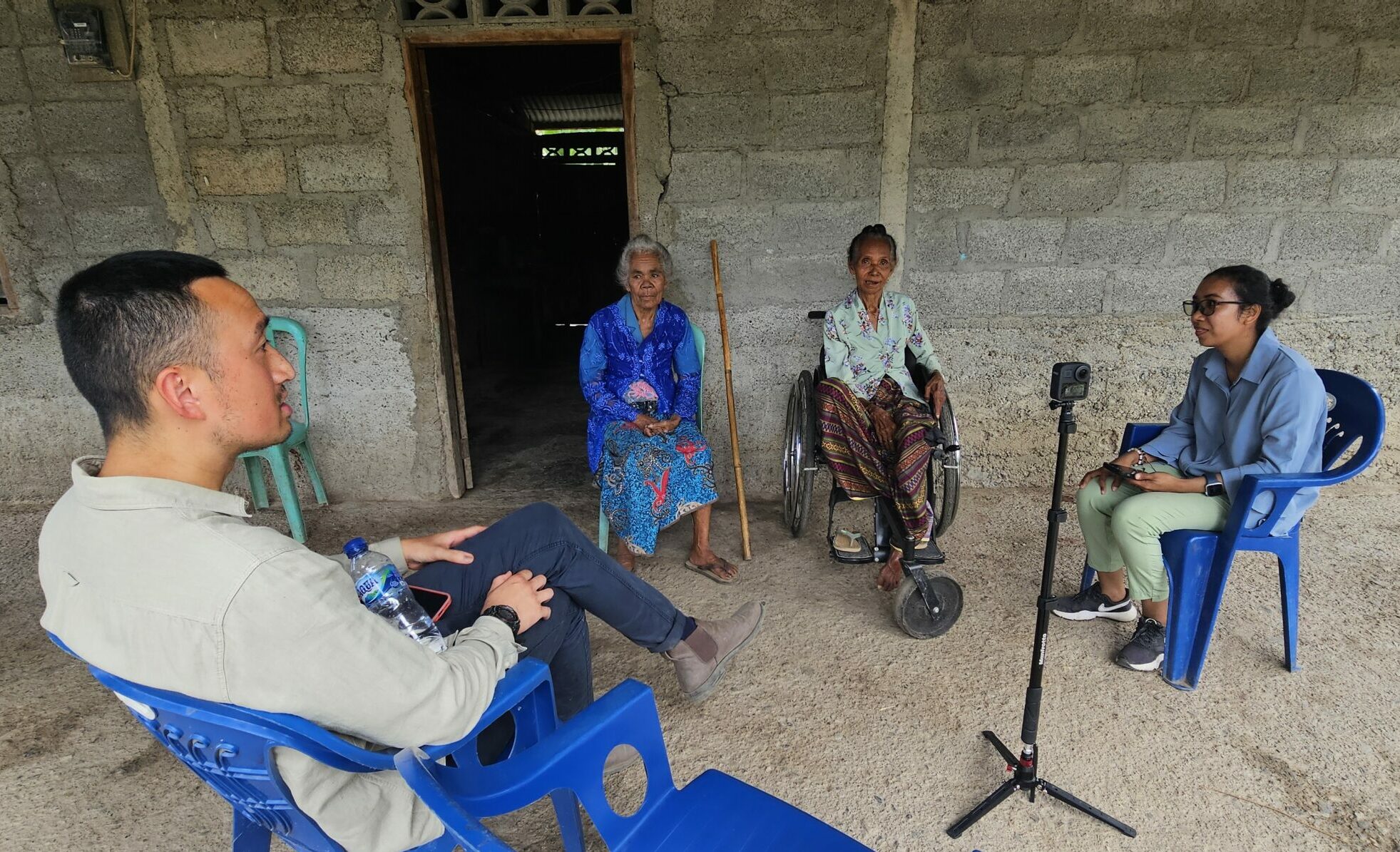
When developing their designs, students will need to consider key factors such as sustainability, community impact, environmental footprint, cost-effectiveness, material availability and long-term management. Their solutions should align with the needs and aspirations of Loidahar’s residents while respecting local knowledge and customs.
Students participating in the 2025 EWB Challenge within the Timor-Leste context will develop design proposals addressing one or more of the following themes:
- Waste management & circular economy
- Water access & quality
- Health & hygiene
- Climate adaptation & resilience
- Agriculture & livelihood
- Energy & ICT
- Eco tourism & e-commerce
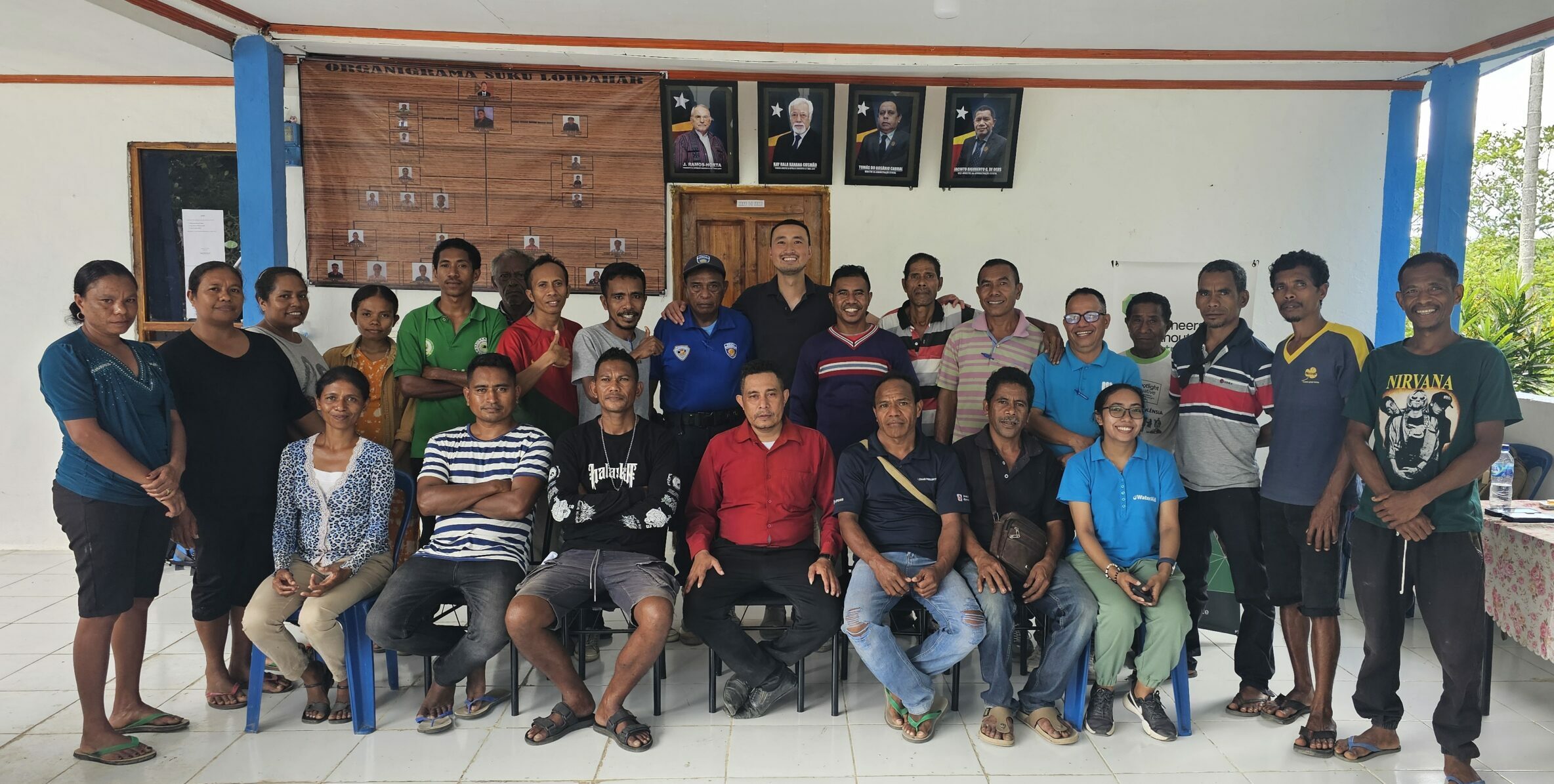
“These young, hardworking and ambitious people of Timor-Leste carry the weight of their colonial past and recent conflicts, yet they are full of ideas and aspirations. With the right support – investment, innovation, and access to technology – they have the potential to overcome their local development challenges. They can achieve self-determined progress and turn their vision into reality” – Tom Nguyen, EWB Education Program Lead.
We look forward to seeing the innovative solutions students develop in response to this year’s design brief!
The EWB Challenge is delivered as part of the EWB Challenge Series, EWB’s real-world curriculum-integrated university education programs. Find out more about the EWB Challenge here.


